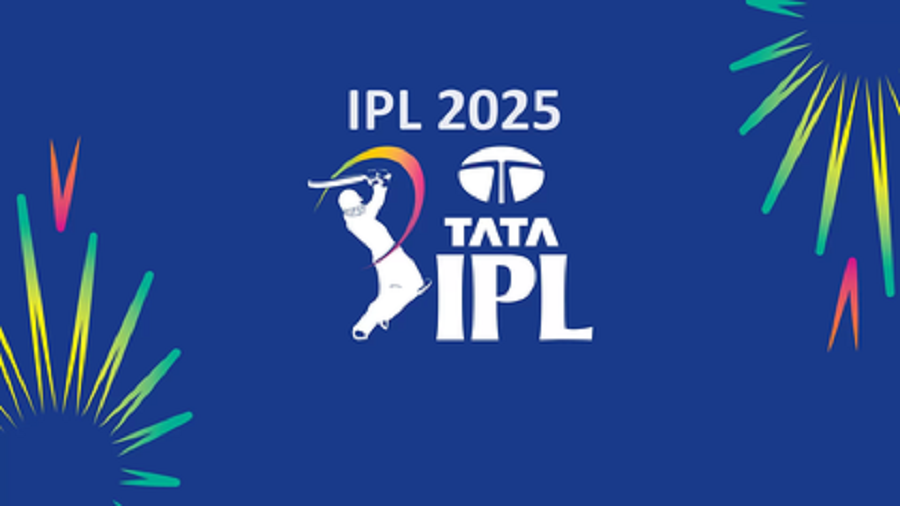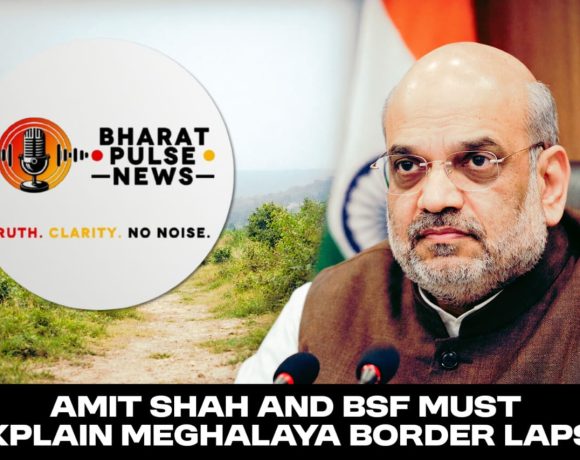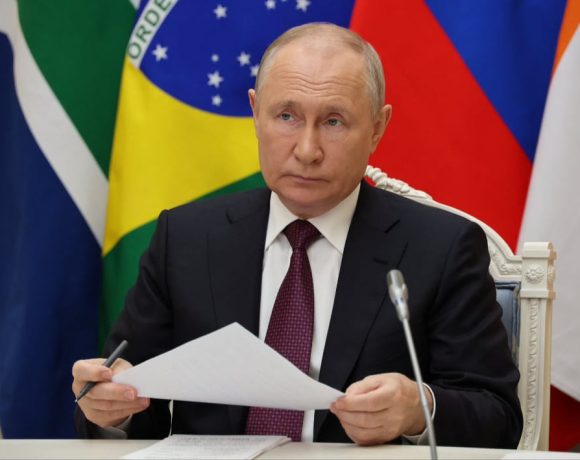
The IPL: India’s Most Perfect Metaphor for Unity in Diversity
There is no better symbol of India than the Indian Premier League. A tournament built around states, languages, and cities somehow manages to rise above all of them. It brings together people from every corner of the country and even outside it, and yet, nobody bothers asking, “Where are you from?” when you’re hitting sixes or taking wickets. That’s the beauty of IPL, and in many ways, the beauty of India when we allow it to shine without noise.
Take a look at the captains in this year’s IPL. A Marathi boy, Ruturaj Gaikwad, is leading Chennai. Another Marathi boy, Ajinkya Rahane, is leading Kolkata. Axar Patel, a Gujarati, is captaining Delhi. Shubman Gill, a Punjabi, is captaining Gujarat. Shreyas Iyer, a Tamil boy from Mumbai, is captaining Punjab. And the Gujarat-born Hardik Pandya is leading Mumbai. If this doesn’t sum up the idea of India, what does?
Nobody in Chennai is losing sleep over the fact that Ruturaj Gaikwad doesn’t speak fluent Tamil. Just like nobody ever demanded that MS Dhoni give post-match speeches in Tamil. He earned love, respect, and status by his game, not by his vocabulary. Similarly, when Kohli bats for RCB, no one wonders whether he can say “Namma Bengaluru” in perfect Kannada. People just want to see him crush boundaries.
That same sentiment flows into real life. A North Indian working in Bengaluru or Chennai is not doing less for the city because he cannot speak the local language. If anything, he is paying taxes, contributing to the economy, and being part of the city’s daily life. Contribution matters more than dialect. Sincerity speaks louder than accent.
This is where we need to reflect. Why is it that in cricket, we celebrate this unity, but in real life, we fall for the divisive propaganda of politicians? Why does it bother us when someone doesn’t speak our mother tongue, when we were just standing beside them at a stadium, waving the same team flag and chanting the same name? Isn’t it strange that when we are united by sport, we forget these petty boundaries, but when the game ends, we suddenly remember to draw lines between us?
Let your language and culture thrive in your homes, your art, your stories, and your values. They will flourish when you live them genuinely and pass them on to your children with love and pride, not with fear and suspicion. You don’t need to force someone from another region to adopt your culture for it to survive. Your culture is not weak. It is not in danger. If anything, it grows stronger when people from outside admire it voluntarily rather than being guilted into respecting it. Real cultural strength is not about how many outsiders you can pressure, it’s about how confidently you can live your identity without feeling threatened by anyone else’s.
So the next time you get angry over someone speaking Hindi, Tamil, Marathi, Bengali, or English in your city, pause and remember: that same person might have been cheering for your city’s team beside you last night. You didn’t mind then. You smiled, clapped, and high-fived them when your team hit a six. So don’t mind now, just because the match is over. If the language they speak didn’t matter at the stadium, it shouldn’t matter in the street or the workplace either. We’re all on the same team when we choose to be.
We don’t need to pick North over South, or East over West. We don’t need to act like India is a competition between cultures. We need to pick common sense over cheap identity politics. We need to reject the manufactured outrage and the linguistic gatekeeping. Be a good Indian first. That’s all this country ever needed.


















